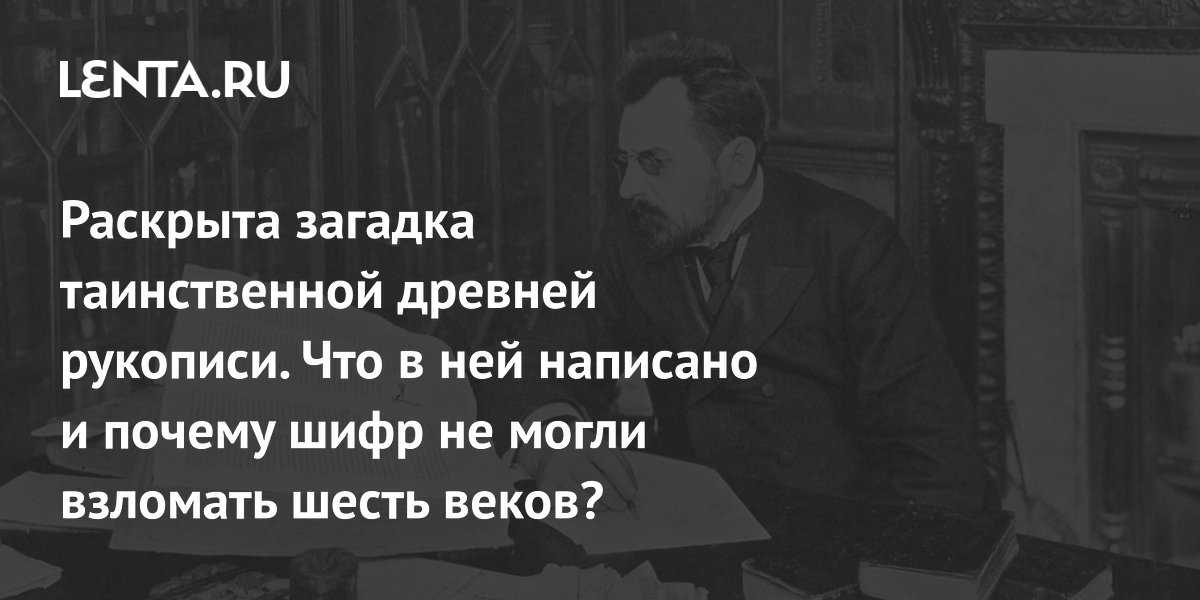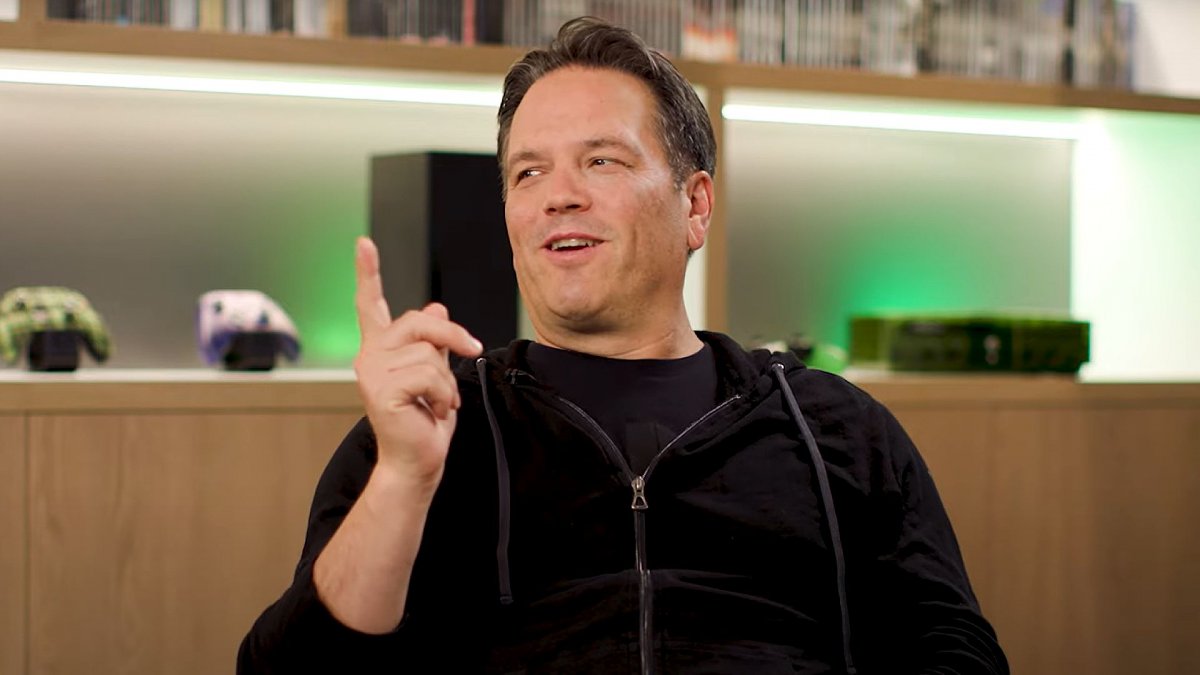Editorial|Editorial
It would be strange if a big and experienced UPM made a huge, forward-looking investment based on what is happening right now with paperwork or support strikes.
Forestry company UPM’s recent news: the result is in full swing, there is controversy with the trade union movement, and a biorefinery is being built in Rotterdam, the Netherlands, and not in Finland.
The drivers of wage earners’ interests combine the first two of the three points and employers the last two. Representatives of the trade union movement are astonished that the company makes a hard profit, but does not give the duunar what belongs to the duunar. Employers’ messengers suggest that the strike explains that bio-investment does not come to Finland.
A good compromise interpretation is that all three current issues are true, but they are only loosely attached to each other here.
Although UPM is otherwise doing well, paper production is a poorly profitable business in the company’s business range. However, decentralized agreement is already a matter of principle for UPM. It is no longer a matter of twisting how much of a slice of fat from a fat profit, but also of how flexibly and with whom companies in Finland can agree on their costs and the use of their resources.
Inflamed in the labor market situation, the investment decision in Rotterdam is well worth the twist. You would be fine to get jobs. Now you weren’t.
However, it would be strange if a large and experienced Finnish company made its huge investment, which points to the company’s future, based on what is happening right now with the working conditions of the paper people or in support strikes.
UPM is going to Rotterdam for the same reasons as Neste. Rotterdam has the advantages of concentrating on the companies’ biorefineries. Logistics at the huge port is better, the Central European market is closer, construction in Rotterdam is cheaper, and in the future there will be joint carbon capture in the area. These benefits could not have been superseded in any way in Finland.
Andreas Schierenbeck, CEO of Uniper, which believes in the interests of Rotterdam and invests in the production of green hydrogen there closely: “Lots of renewable energy, necessary infrastructure and industrial customers.” Uniper is owned by Fortum.
But for the union movement, this interpretation is not a remission of sin. When such forces cannot be fought, we must be even more concerned about the profitability of the production that can still remain in Finland.
The editorials are HS’s statements on a topical issue. The writings are prepared by HS’s editorial staff and reflect the magazine principle.
#Editorial #Biorefineries #Netherlands #driven #synergies #pushed #Finland







